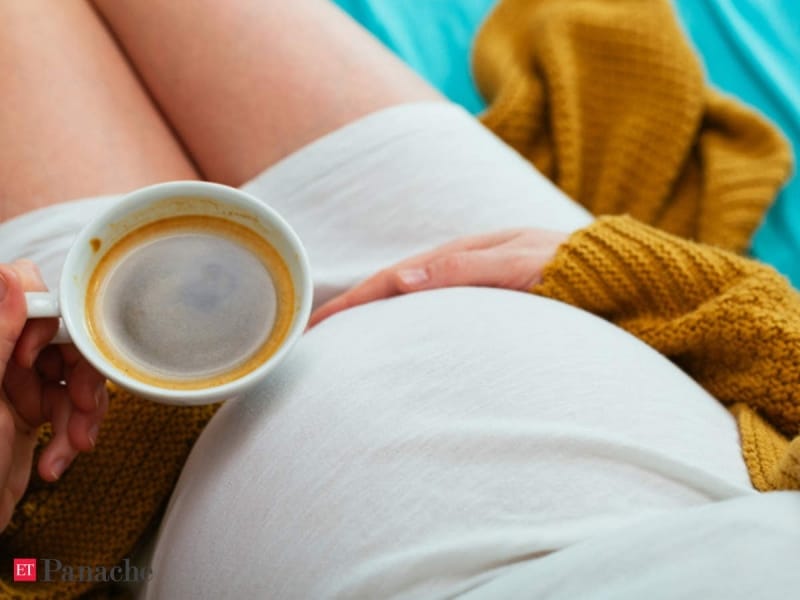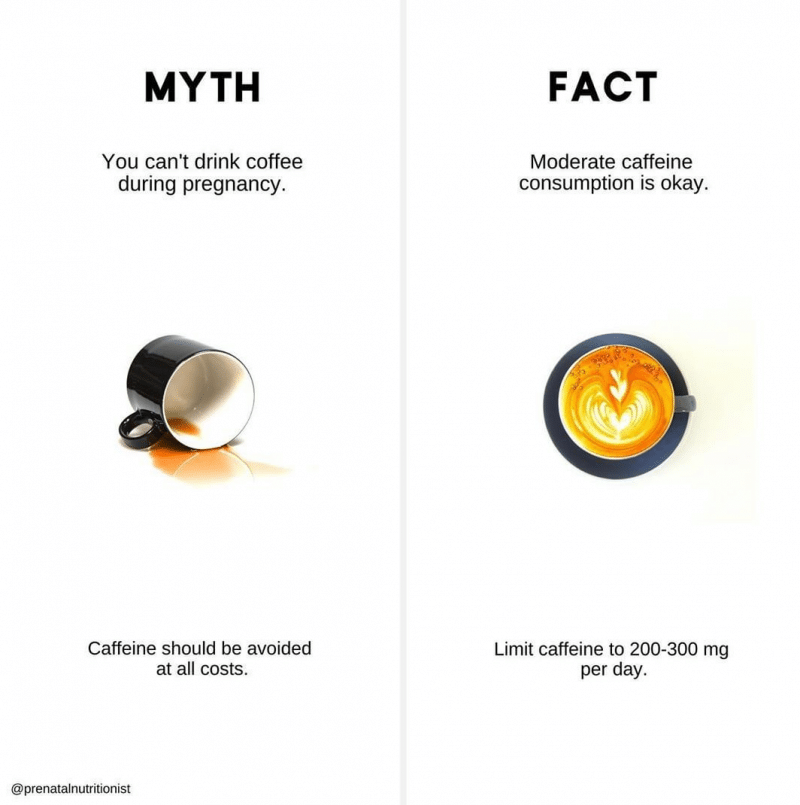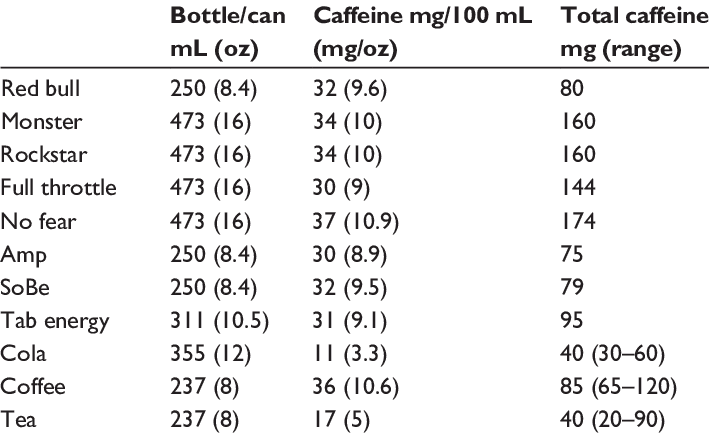Caffeine is a substance that most people recognize as a hormone stimulation for the brain to work throughout the day. Besides, consuming too much caffeine people has been normalized even though there might be some effects since caffeine provokes your brain to overwork; therefore, there is a doubt about caffeine during pregnancy. How much caffeine does it affect the baby? Should pregnant women consume caffeine? How does caffeine affect your pregnancy?
That’s why today we are going to discuss caffeine consumption during pregnancy, so that you get a clear answer to your question above.
Contents
Common Effects of Caffeine during Pregnancy

When you are pregnant and you drink coffee, as an adult you have a good metabolism of breaking down that caffeine; however, when the caffeine crosses the placenta to the umbilical cord into the baby bloodstream since they are in the growing process, they took a long exposure to caffeine which isn’t a good thing to them.
Other than that, caffeine can cause your blood pressure to be higher than normal and also make you diuretic which causes you to pee a lot as well. Besides, you might not be prone to caffeine, nevertheless, when you are pregnant, things change due to your change in hormone stimulation. As a result, the caffeine might cause you to feel jittery, indigestion, or have trouble sleeping.
Another thing is that the healthcare provider believed that caffeine causes the blockage of blood flow in the uterus and placenta constriction which decreases the nutrient supply to the baby that might lessen the baby’s growth. Also, caffeine has the potential to stimulate fetal stress hormones which putting infants in danger for rapid weight gain after birth that could lead to obesity or heart disease and many other health problems later in their lifetime.
Some Facts About Consuming Caffeine During Pregnancy
According to one study released by the American Journal of obstetric and gynecology has shown that caffeine might be the cause of miscarriage which the baby dies in the womb 20 weeks before delivery, also preterm birth which the baby is born before the expected delivery date and low birth weight that the baby weight is less than 5 pounds or 2,26 kg.
More than that, some researchers said that infertility might occur due to linked high caffeine consumption and delayed conception. Furthermore, maternal caffeine consumption might cause slightly smaller babies which means the baby didn’t have a great process of growth during the development phase in the womb.
Nonetheless, caffeine has been used as a pain relief therapy for most people which is quite doubtful for pregnant women to consume. As you already know that during the pregnancy period, 85% of every pregnant woman has been suffering from headaches, morning sickness, mood changes due to their hormone changes and they can’t just take any medication because it might cause the child health problems, that why they seek for caffeine content which they might be safe for them.
Moderate Caffeine Consumption During Pregnancy

During the pregnancy phase, most researchers recommend the limit of caffeine intake is no better than 200 mg of caffeine per day; however, they still believe that moderate caffeine consumption might still expose the child to risk. Moreover, studies linked high caffeine consumption to babies being small for their gestational age or at risk for intrauterine growth restriction.
Besides, if you are breastfeeding and you consume caffeine less than 200mg, researchers noted that the amount of caffeine does not contain in the breast milk which is quite safe for both you and your baby. Also, there are many studies that show the less caffeine you consume the lower your chance of miscarriage, pre-mature born and low birth weight.
However, you should know how much caffeine you can assume in your pregnancy phase by using the size of a cup to measure the level of caffeine you consume, even though we are still in a daze about how caffeine affects your pregnancy so that you are able to stay healthy and keep your baby safe.
Drinks that contain caffeine you should be aware of

Caffeine isn’t only available in just coffee alone but there are so many foods and drinks that also contain caffeine such as tea, energy drinks, soft drinks, chocolate, energy bars, and many other groceries that are sold in stores. Moreover, in pregnancy, you should be aware of what ingredients it contains in the foods which you brought home from shopping.
Besides, other than foods and drinks there are many herbal products that contain caffeine as well such as pain killers for headache, stomachache, fever which you should watch out for, and to be exactly right you must read the contraindication and indication before taking or consult with your maternal consultant.
Furthermore, the amount of caffeine that is in your cup of coffee daily is depending on the type of bean, how it’s roasted, how it’s brewed, and more importantly the size of the cup that you are drinking. For instance, if you drink brewed coffee in the size of 8 oz, it contains between 95-165 milligrams of caffeine, however, if you decaf it the amount of caffeine decreased to 40-50 milligrams of caffeine.
A Slice of Advice
In your pregnancy phase, you should be careful of what you consume since there is a life living in your stomach so you better keep a scale of the number of caffeinated beverages such as energy drinks, tea, coffee, diet coke and even herbal products because you might cause your child health problem if you are being careless.
However, if you are a coffee maniac there is still a way to consume your coffee which is to limit your caffeine ingestion as the less you devour the caffeine the better it is for you and your fetus. Also, you need to measure every cup of coffee in the same size as a routine so that you don’t have to worry about excessive moderation.
More importantly, you should take care of yourself by eating enough nutrients that are good for your health and your baby. Other than that, you should avoid any danger like drinking energy drinks, carrying heavy things, taking the medication without a prescription, or missing your appointment with your doctor so that you are able to keep your child’s health in check.
References
- Caffeine During Pregnancy | americanpregnancy |
- Can pregnant women drink coffee? | Babycenter | Kandis Lake
- Caffeine in Pregnancy | marchofdimes |
Here’s CAN I DRINK COFFEE DURING PREGNANCY | How Much Caffeine Is Too Much? By Bridget Teyler
